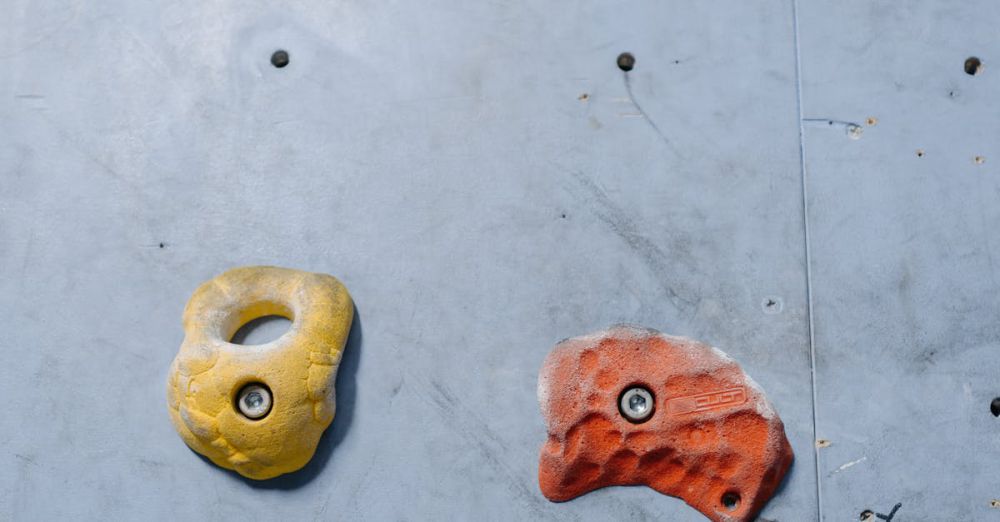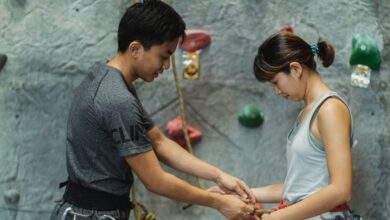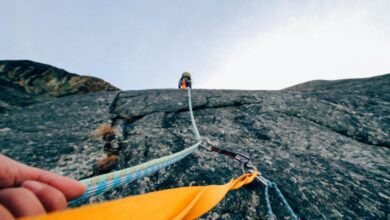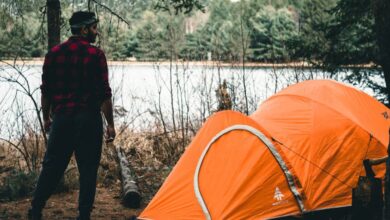How Do You Stay Fit for Mountain Climbing
Mountain climbing is an exhilarating pursuit that demands not only mental fortitude but also a high level of physical fitness. Whether you’re scaling rugged peaks or tackling scenic trails, staying fit is essential for both performance and safety. Here’s how you can prepare your body and mind for the challenges ahead.
Cardiovascular Endurance
Building cardiovascular endurance is crucial for climbers. Engaging in aerobic exercises like running, cycling, or swimming enhances your heart and lung capacity, allowing you to tackle those long ascents with ease. Aim for at least 150 minutes of moderate-intensity cardio each week, incorporating interval training to simulate the varied intensities you’ll experience on a climb. For instance, during a run, alternate between sprinting and walking to mimic the bursts of energy required while tackling steep sections.
Strength Training
Climbing relies heavily on strength, particularly in the legs, core, and upper body. Implement a strength training routine at least two to three times a week. Focus on compound movements such as squats, deadlifts, and pull-ups to develop functional strength. Resistance bands and bodyweight exercises are also effective for building muscle and improving stability. Don’t forget to include exercises that specifically target grip strength, as a strong grip is essential for holding onto rocky surfaces and climbing gear.
Flexibility and Mobility
Flexibility plays a vital role in preventing injuries and improving your climbing technique. Incorporate stretching routines into your training, focusing on the major muscle groups used in climbing. Yoga is an excellent option, promoting not only flexibility but also balance and mental focus. Incorporating dynamic stretches before workouts and static stretches afterward can improve your overall range of motion and reduce muscle stiffness.
Hiking and Outdoor Activities
Nothing beats the experience of being outdoors when preparing for mountain climbing. Regular hiking will help you acclimate to varying terrains and altitudes, improving your stamina and balance. Choose trails that mimic the conditions you’ll face on climbs, such as steep inclines and uneven surfaces. Carry a weighted backpack to simulate the load you’ll carry while climbing, gradually increasing the weight as your strength improves. This not only builds endurance but also helps your body adapt to the physical demands of climbing.
Nutrition and Hydration
A well-balanced diet is vital for any athlete, especially for climbers who need sustained energy. Focus on whole foods rich in complex carbohydrates, lean proteins, and healthy fats. Carbohydrates provide the fuel required for endurance activities, while proteins aid in muscle recovery and growth. Stay hydrated; dehydration can severely impact your performance and recovery. Aim to drink water consistently throughout the day, and consider electrolyte-replenishing drinks during long climbs.
Mental Preparation
Climbing is as much a mental challenge as it is a physical one. Develop mental resilience through mindfulness practices, such as meditation or visualization techniques. Picture yourself successfully navigating challenging sections of a climb, and rehearse your responses to potential obstacles. Engaging in activities that push your mental limits, like rock climbing or bouldering, can also improve problem-solving skills and boost your confidence on the mountain.
Rest and Recovery
Rest is often overlooked in fitness routines, yet it is crucial for peak performance. Your body needs time to recover and rebuild after intense training sessions. Ensure you get enough sleep each night, aiming for 7-9 hours, and include rest days in your training schedule. Active recovery, such as light yoga or leisurely walks, can help maintain blood flow and prevent stiffness while allowing your muscles to recuperate.
Stay Committed
Staying fit for mountain climbing requires dedication and a well-rounded approach to training. Set specific fitness goals tailored to your climbing objectives, and track your progress. Celebrate your achievements, no matter how small, to maintain motivation. Remember, the journey to becoming a fitter climber is ongoing, and with commitment, you can conquer any peak that calls to you.







